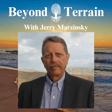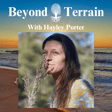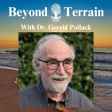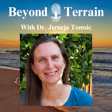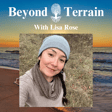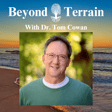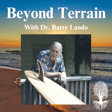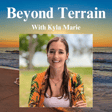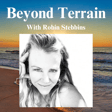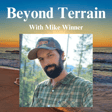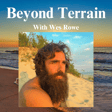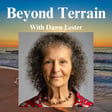
Kiera Lea on Quantum Biology, Light, Facia, EMF & Energy
Join us this week as we delve into the fascinating topic of Quantum Biology! Kiera Lea guides us through the realm of the quantum scale, exploring what it means to tend to our quantum field.
Central to our discussion is the topic of light! We explore how visible and invisible light play roles in our health, circadian rhythm, and daily life. Our conversation covers aspects such as red light therapy, ways to tend to your light environment, UV light therapy, and grounding. Kiera's nursing background provides a fascinating clinical perspective, along with practical tips for improving our light health.
Beyond light, we discuss how natural organic fabrics are top-tier clothing, leading us into a conversation about glyphosate. This segues into a discussion about the fascia system and its connection to our light environment.
Bringing the focus back, we talk about non-native EMFs and their influence on structured water, which plays a role in the processes of disease and healing. We conclude this episode with reflections on energy and an honest take on the state of science, medicine, and social media.
I hope you enjoy the episode!
Follow me
https://www.instagram.com/beyond.terrain/
https://linktr.ee/beyondterrain
Support the Vision
https://www.buymeacoffee.com/beyondterrain
ETH: beyondterrain.eth
BTC: bc1qqwc470ktgj3l4myqxr5hq67rnlqys0qm98u6f0
Support and Learn from Kiera
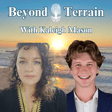
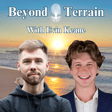
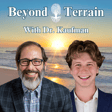
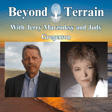
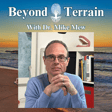
![DNA Doesn't Exist & Genomic Nonsense with Dr. Jerneja Tomsic [Part 2] image](https://media.zencastr.com/cdn-cgi/image/width=112,quality=85/image-files/652933f3a749dc383eb375de/ce5a5fd9-98c9-44fe-9b4b-3d0cd5abcf29.png)
